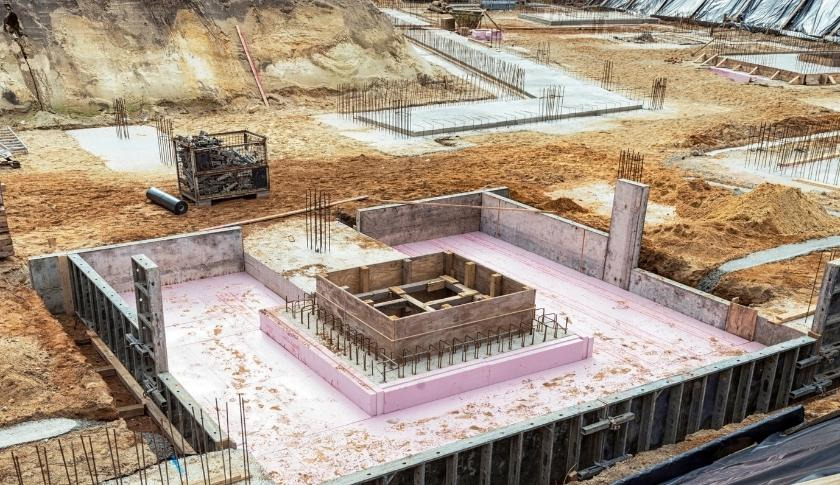The Importance of Foundation and Soil Characteristics in Construction
Before starting any construction project, it is extremely important to establish a solid foundation and take the soil properties into account. A good foundation and soil analysis ensure that buildings are safe, durable, and long-lasting. In this blog post, we will discuss the importance of foundation and soil characteristics in construction and how they affect the overall structure.
Foundation Characteristics
The foundation of a building plays a critical role in supporting the structure and transferring its load to the ground. Properly sizing the foundation provides durability to the structure. Here are the key foundation characteristics:
a) Types of Foundations
There are different types of foundations used in construction, including slab foundations, raft foundations, strip foundations, and pile foundations. Each type of foundation is used in various situations to support the building and balance the properties of the soil:
- Slab Foundation: Generally used when the soil is loose or heterogeneous.
- Raft Foundation: Used when the soil has low load-bearing capacity, spreading the load of the entire structure across a large area.
- Strip Foundation: Typically used for long walls, where the foundation is placed only under the wall.
- Pile Foundation: Used when the surface soil is inadequate to bear the load, and piles are driven into deeper, more stable soil layers.
b) Load-Bearing Capacity
Foundations must have sufficient load-bearing capacity to support the structure that will be built on top of them. This is achieved by calculating the load imposed on the structure and the bearing capacity of the soil. Accurate analysis of the soil’s bearing capacity is crucial to ensure the long-term safety of the building.
c) Reinforcement and Concrete Quality
The reinforcement and concrete materials used in the foundation construction are essential to strengthening the foundation and increasing its durability. The quality of the steel reinforcement and the concrete mix are crucial factors affecting the strength of the foundation.
Soil Characteristics
The soil is the layer of earth or rock on which the foundation is placed. The properties of the soil directly impact both the foundation and the structure. Here are the key soil characteristics:
a) Types of Soils
Soils can vary in type, such as clay, sand, gravel, silt, or organic materials. Each type of soil has different load-bearing capacities, compressibility, and permeability. The type of soil is an important factor that should be considered when designing the foundation.
b) Soil Compaction
The compaction of the soil beneath a structure can have long-term effects on the building. Compressible soils can cause issues such as settling or tilting over time. Therefore, soil compaction and potential deformation must be considered when designing the foundation.
c) Groundwater Table
The groundwater level is a crucial factor when considering the relationship between the foundation and the soil. A high water table or an impermeable layer of soil can make the building vulnerable to water pressure or moisture damage. Proper drainage measures should be incorporated into the foundation design, considering the groundwater table.
Conclusion
In construction, the characteristics of the foundation and soil are vital elements for ensuring the safety and longevity of the building. Properly sizing the foundation, analyzing the properties of the soil, and choosing suitable materials are all essential to ensuring the durability and stability of the structure. Therefore, in every construction project, the foundation and soil properties must be thoroughly examined, and appropriate measures should be taken.
Remember, the foundation of a strong building relies on a solid ground!
